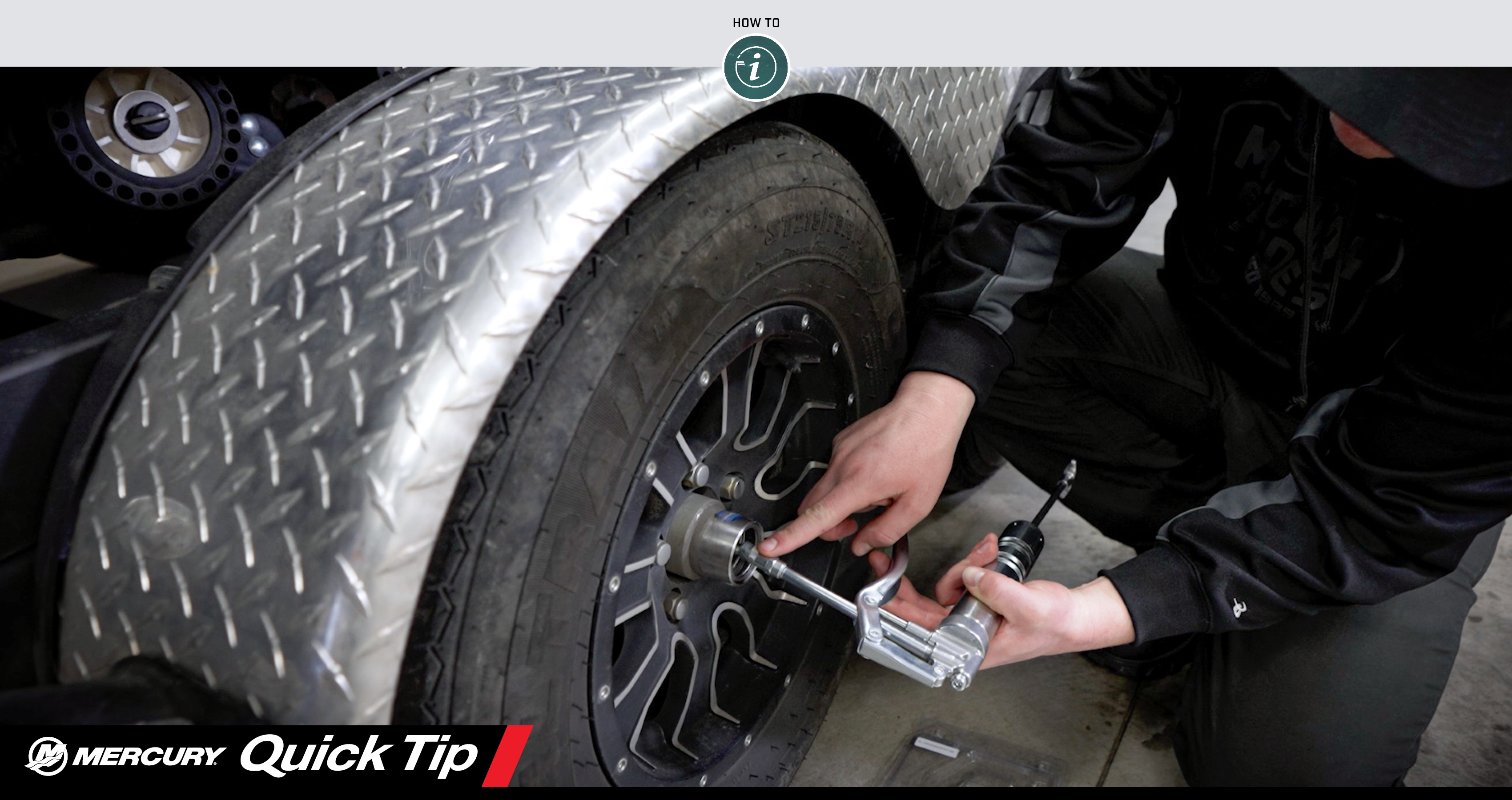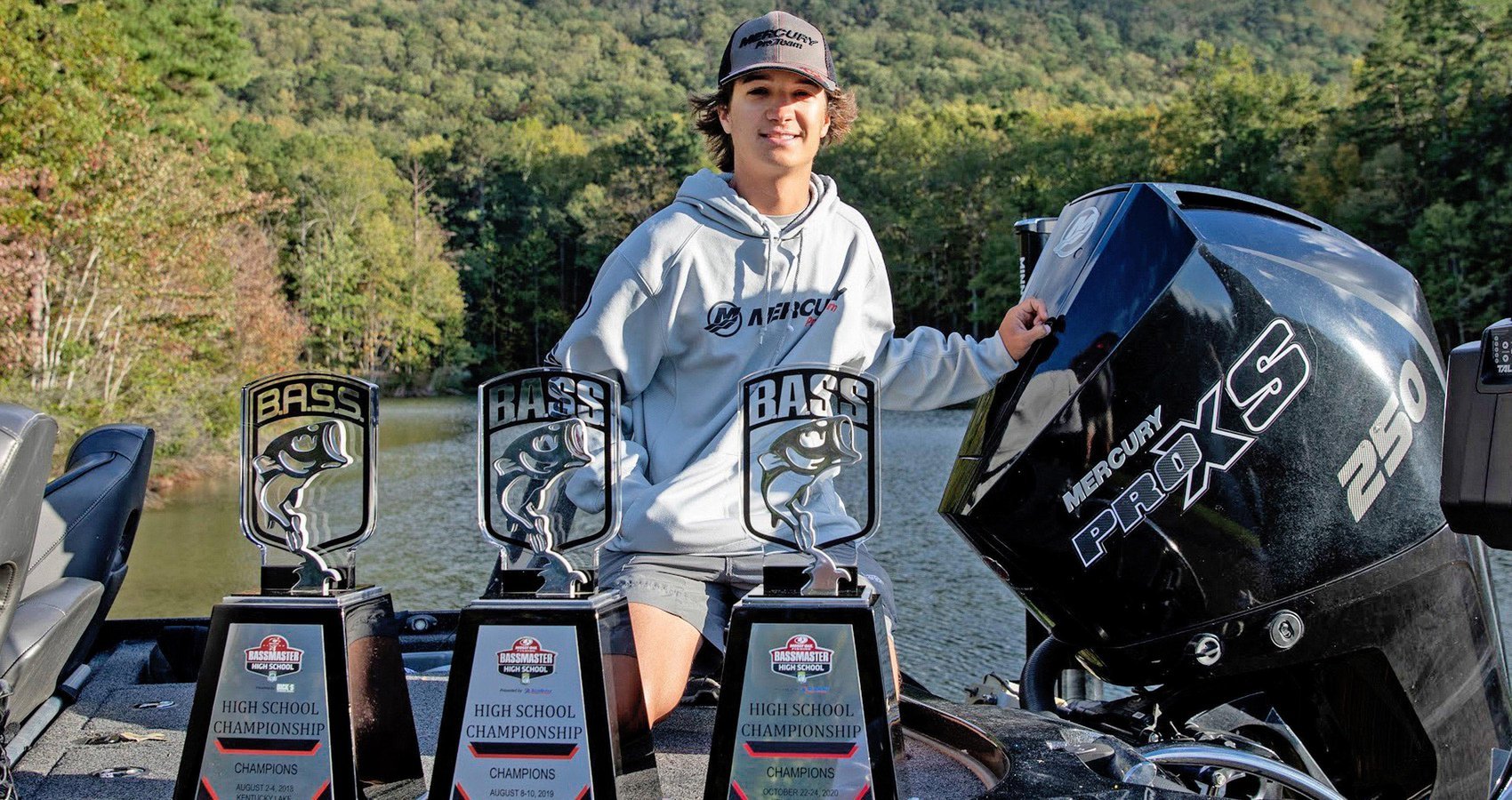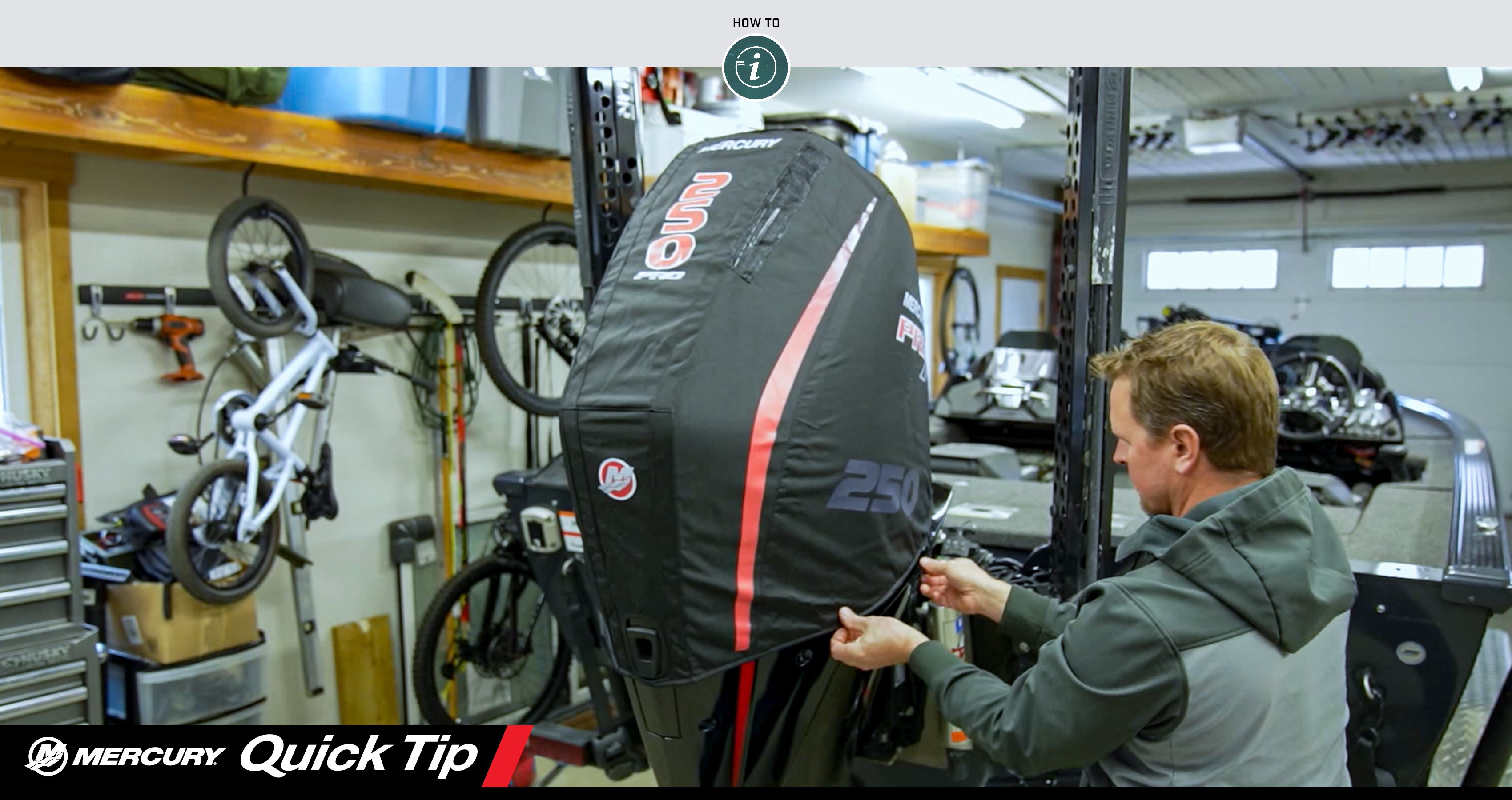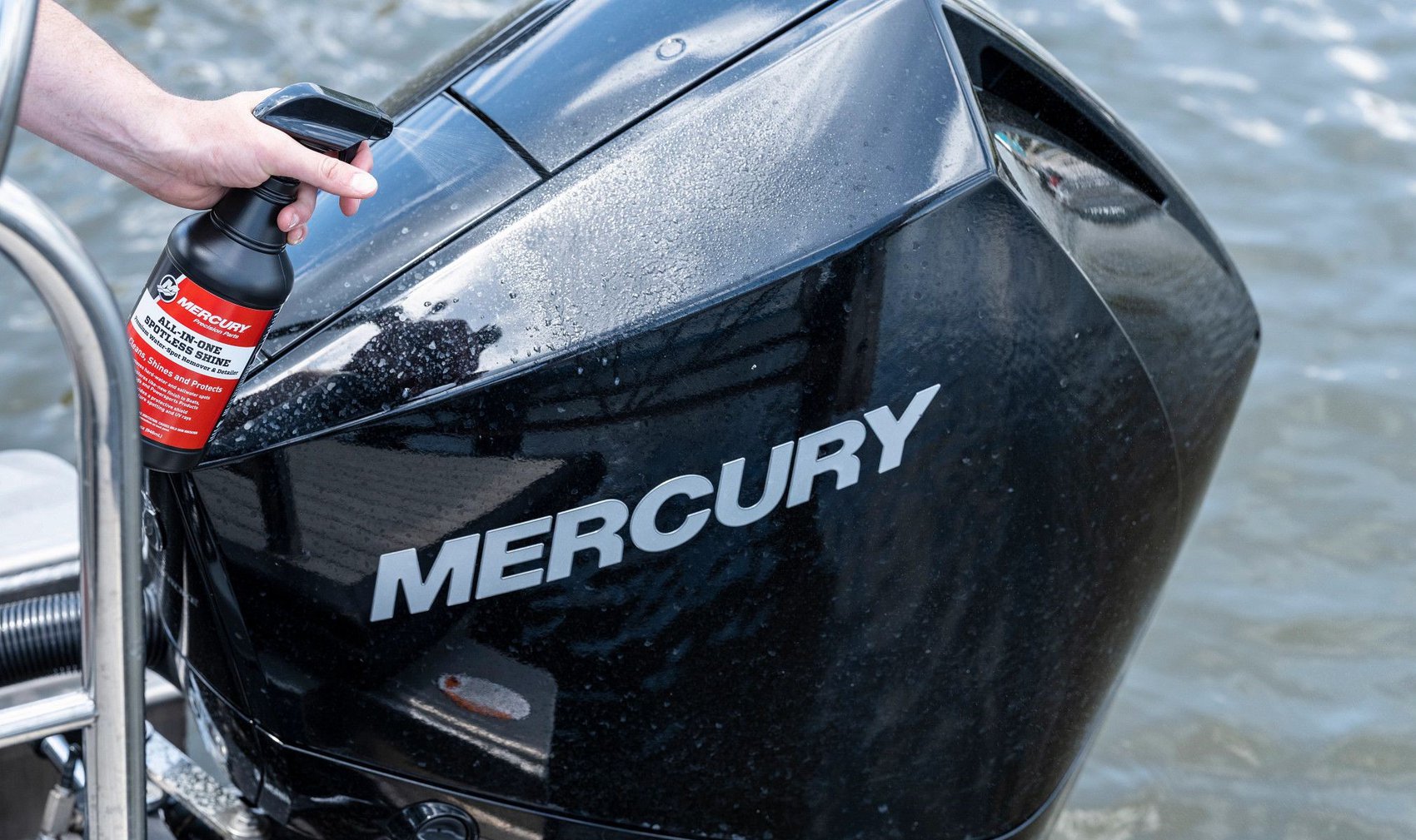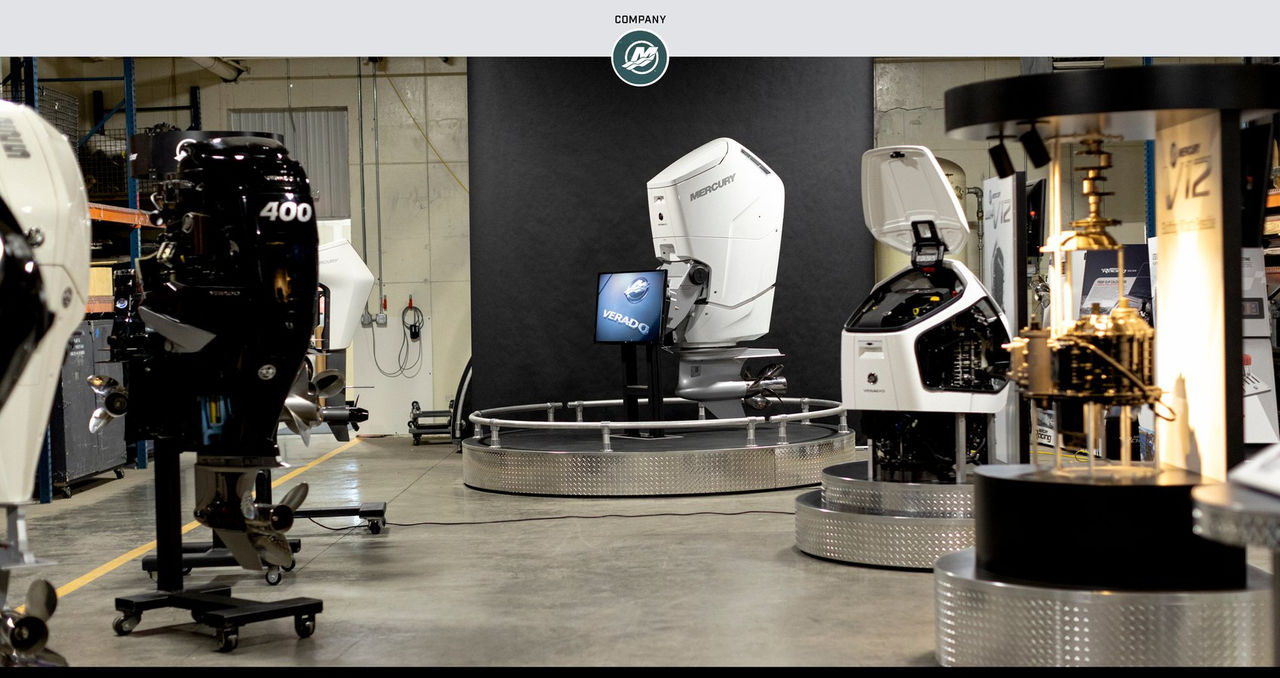For companies like Mercury Marine, whose products are so experiential in nature, having a strong trade show and events presence is critical. Our products are designed to empower our customers to get more out of their time on the water, so giving people the opportunity to interact with Mercury products is important, and trade shows and other in-person events offer the perfect venue for attendees to do just that. There simply is no substitute for giving people the chance to interact with exciting Mercury innovations – innovations like the Avator™ electric outboard concept.
To ensure that we’re providing our customers and partners with this opportunity, Mercury exhibits at shows and events ranging from small, invitation-only outings like the V12 Verado® launch to huge, high-attendance events like the Miami International Boat Show, which drew a record 100,000 people in 2022. Mercury has a presence at approximately 30 major North American boating and marine industry trade and consumer shows each and every year. And for each and every one of these events, private or public, modest or massive, they all have one thing in common – and that is the Mercury Marine Exhibits Department.
Putting on these shows takes an incredible amount of work, from logistics and construction to transport and assembly. And that’s where the Mercury Exhibits Department comes in. In order to pull off the ever-growing list of events on the roster, each member of the team must be able to work independently as well as collaboratively.
Comprised of Mechanic Specialists Tim Hackbarth and Greg Orth, Display Carpenters Nick Giebel and Chris Hoover, Warehouse Support Technician John Kehrmeyer, Exhibits Department Manager Dylan Kszlowski and Director of Experiential Marketing Adrian Rushforth, the team creates the displays for the newest outboards to the latest electronic controls.
“Displaying products on a show floor that are designed for use on the water is not an easy task,” explains Kiszlowski. “For example, in order to show how a prop and gearcase work, we can’t actually run that engine indoors.”
More than impractical, doing so would actually be dangerous. So, the team has had to figure out creative ways to display specific functionality by other means - means that demonstrate the functionality while being show-floor friendly. And that is exactly what the team did with the gearcase display they built for the V12 Verado outboard. It was designed to demonstrate how the innovative steerable gearcase turns while the rest of the engine remains stationary.
The team is also committed to leaving as little waste as possible in putting these shows and events together. Engines that were once used for testing are often repurposed for the show floor. Incredibly agile, the team members routinely think on their feet. “One time, we took an engine that was pierced by a piston rod and turned it into a cutaway display that allowed show attendees to see the inner workings of the engine,” offered Rushforth. It’s just this kind of creative problem-solving that the team both loves and excels at. In this case, they were able to display the inner workings of an engine while getting further utility out of a product. And getting further utility out of a product is something that aligns with the company’s commitment to sustainability.
This commitment touches every aspect of Mercury events and trade shows. By reusing materials and packing show assets in a way that reduces shipping weight, the team is able to reduce the number of trucks needed to get these assets to their destination. When it comes to the booth itself, the team is always exploring materials that are both biodegradable and sustainable.
Another way the Mercury Exhibits Department practices sustainability is by reusing raw materials. When an exhibit becomes no longer relevant, the team works to repurpose it for use with newer Mercury innovations. Other times, these exhibits get a second life with a dealer, technical school, museum or charity.
When that’s not possible, the exhibit gets dismantled, and the individual materials are repurposed. Wood, steel, aluminum, specialty hardware and finish materials are all harvested to become something new. Even old shipping crates and pallets are used to build support structures. Operating in a facility adjacent to the propeller manufacturing plant in Fond du Lac, Wis., the team is also able to recycle most of what cannot be repurposed. Material usage and conservation are part of every design and fabrication decision the team makes.
It’s an awful lot to juggle, but if ever there was a team up to the task, this would be the crew. Our hats go off to Adrian, Dylan, Tim, Greg, Nick, Chris and John. It’s their dedication and hard work that help Mercury keep our newest technologies and innovations within reach of our consumers. And that’s how it should be.
If you’d like to learn how to get the best deals at a boat show, make sure to check out this Dockline blog.
